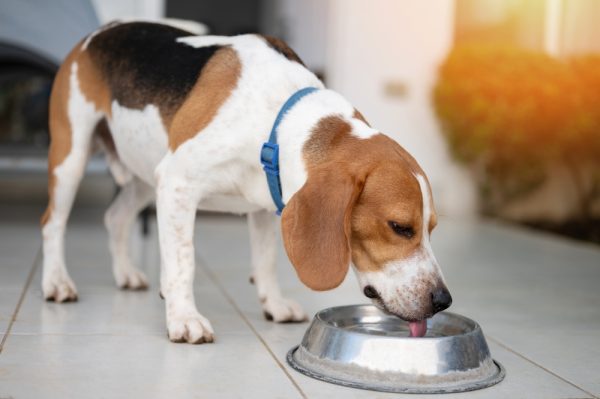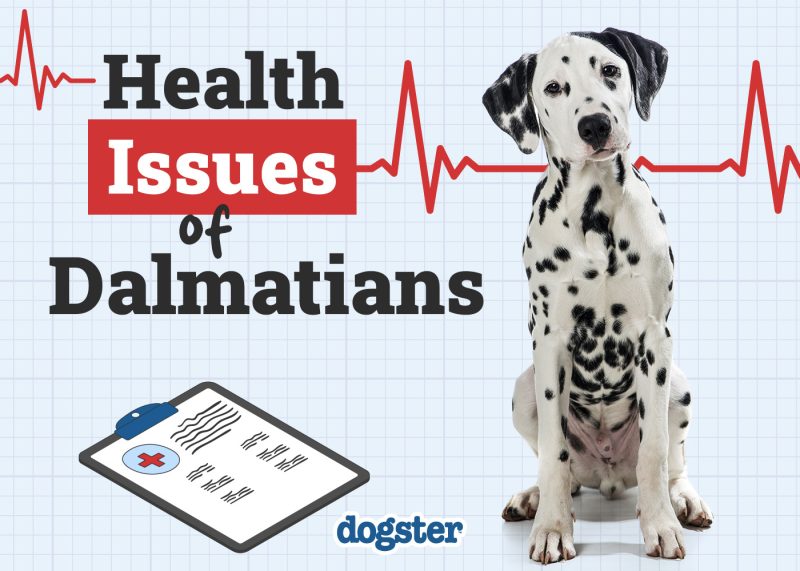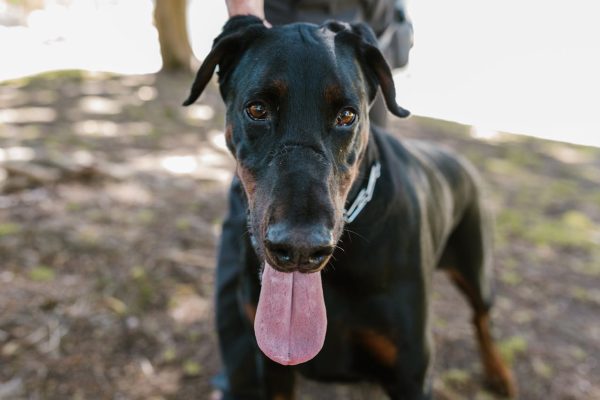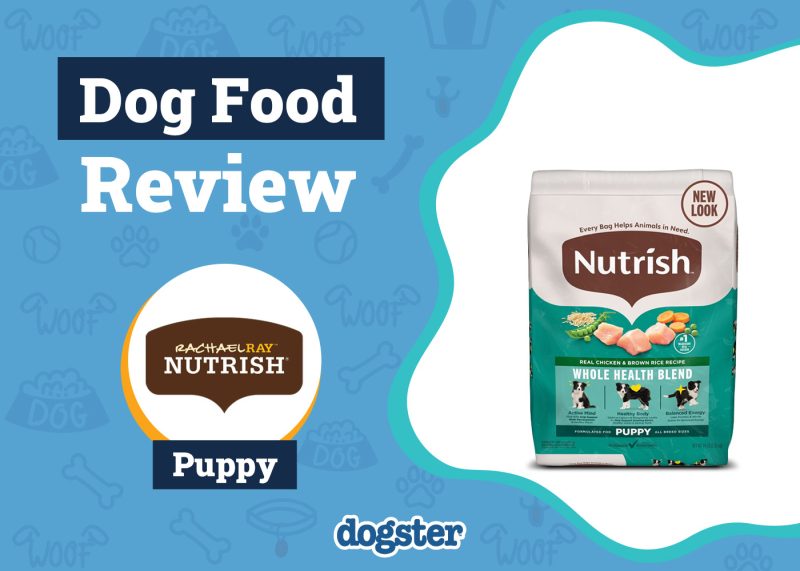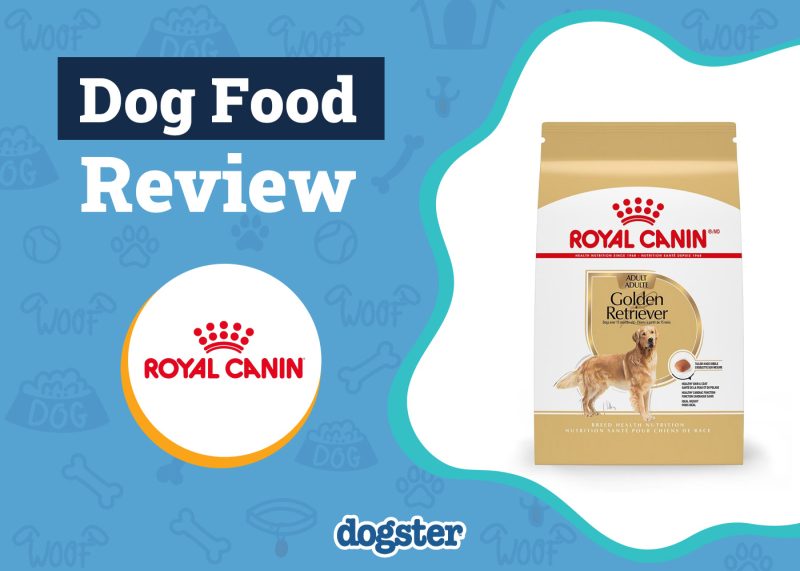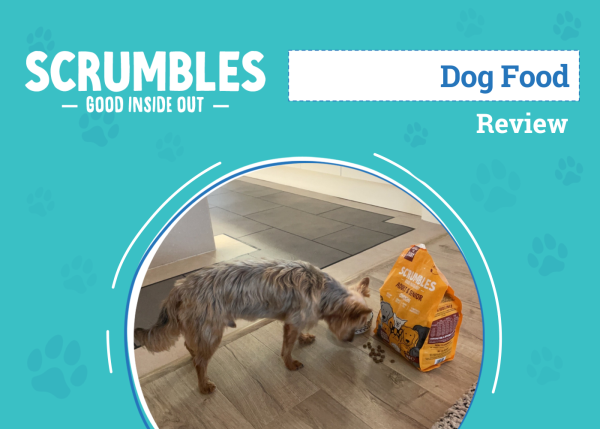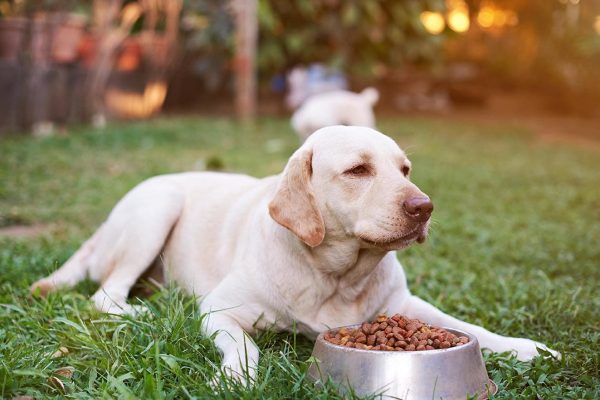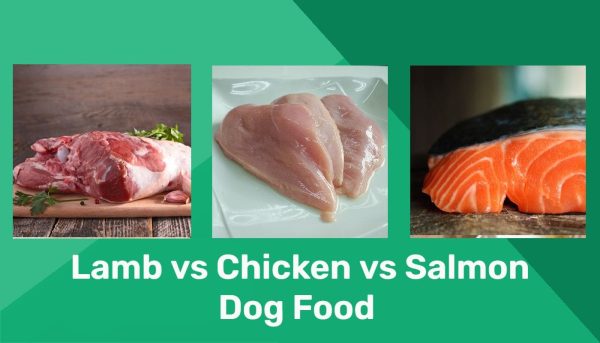In this article
Few pleasures in life can compare to owning a dog. After all, what could be better than coming home every day to unconditional love and excitement?
Having a pup for a pet can be expensive, though! Before you bring home a new addition to your household, it’s a smart idea to make sure you can actually afford one.
Most people underestimate the true costs of dog ownership because they fail to recognize and add up all the little expenses that they’ll have to deal with every month. There’s also the possibility that you’ll have a massive vet bill to deal with at some point, especially as your dog reaches their senior years.
In this guide, we go over all the things that you might have to pay for if you own a dog, so you can make sure your budget can handle it. In general, you can expect to pay $50—$3,000+ for a dog, depending on the breed and where you live.

A Few Notes Before We Begin

We should note that most of these costs are based on the assumption that you’ll be adopting a puppy. The costs are similar for older dogs, but in many cases, bringing home a more mature canine will be a bit cheaper in most categories.
It’s also important to realize that the size and breed of your dog will matter significantly when putting a budget together. Some breeds (like English Bulldogs) are extremely expensive to own, as they’re prone to all sorts of health conditions. Others (like mutts) can be quite cheap by comparison.
Also, the size of your dog will have a significant impact on your costs. Large dogs will be considerably more expensive than small breeds on a month-to-month basis because they eat more and usually require more healthcare toward the end of their lives. However, the lifetime cost of owning a small dog is likely to be greater than the lifetime cost of owning a large breed because small dogs tend to live longer.
All these costs are ballpark figures. Your actual costs may be much more or less than what is listed here. You can also keep costs low by substituting your time for money (such as playing with your dog rather than buying them toys), and you may be able to cut corners in other places (like buying supplies from dollar stores rather than expensive pet stores).
Bringing the Dog Home
When calculating the costs of getting a dog, this is usually the only part that people think about: the actual cost of the dog themselves. However, you’ll have to buy more than just the animal, and the initial ownership costs will be some of the biggest that you’ll face.

The Price of the Dog Themselves

The cost of a dog will depend on various factors, including the breed, where you buy them from, and whether you adopt or shop. It’s almost impossible to give a one-size-fits-all answer to this question, but to give you an idea of the possible ranges that you’ll be dealing with, here’s a quick look at a few of the most popular breeds out there today:
| Breed | Cost (Low End) | Cost (High End) |
| Labrador Retriever | $300 | $1,500 |
| Rottweiler | $500 | $2,500 |
| German Shepherd | $800 | $3,000 |
| French Bulldog | $800 | $3,000 |
| Yorkshire Terrier | $600 | $3,000 |
As you can see, most purebred dogs aren’t cheap. If you have your heart set on a particular breed, you’ll have to ask yourself just how much that’s worth to you.
Don’t think about looking for the cheapest breeder whom you can find either. Most bargain-basement breeders are actually puppy mills in disguise. Not only is this immoral and terrible for the animals, but dogs from puppy mills also have a higher risk of developing health issues later in life, so all that money you save up front (and then some) will just be spent later in the dog’s life.
There’s a much better way to get a dog on the cheap: Adopt from a shelter or rescue. You can get a dog for as little as $50 from the pound (and many shelters have special days where the costs are even lower than usual), making adoption an excellent financial decision.
Not only will you get a great pet, but you’ll also save a lovely dog’s life. It may be harder to get a purebred this way, but mutts are every bit as good as their pedigreed counterparts (and significantly cheaper).
Total Cost of Buying a Dog: $50—$3,000+
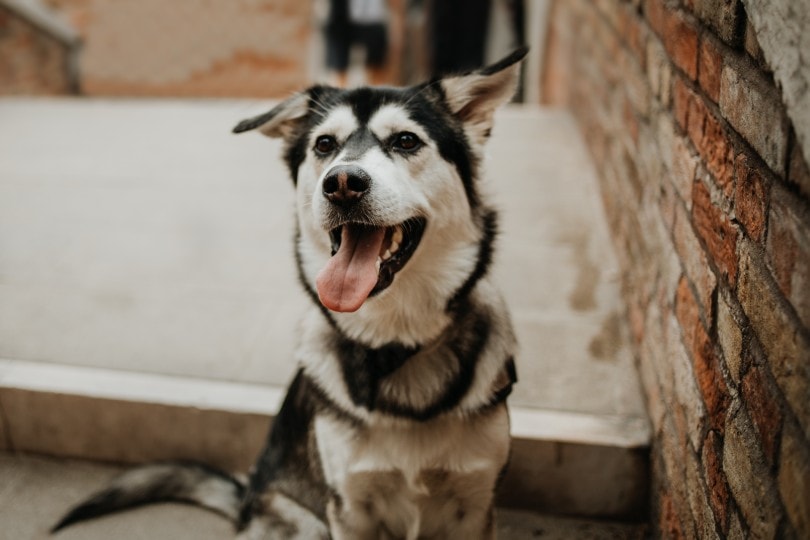

All the Gear You’ll Need
Your costs don’t end with the dog—you also have to get all their stuff. These costs can be minimized if you already have dogs and have most of the equipment on hand, but if you’re starting from scratch, you’ll need to spend a bundle at the pet store.
Here are just a few of the things that a new dog will need:
- Food and water bowls
- Collar and leash
- A crate with bed
- Toys
- Food
You may be able to get creative to avoid some of these costs (e.g., by using a couple of your old bowls for your dog’s food and water bowls), and you don’t have to pay top dollar for any of the supplies. Regardless, though, you should expect to drop a good amount of money within a day or so of bringing your dog home.
Total Cost of Initial Supplies: $50—$200+


Initial Healthcare Costs
Your brand-new dog will need a few trips to the vet in the first few months after you bring them home. They’ll need several rounds of vaccines, you’ll want an initial physical, and you should get them spayed or neutered as soon as they’re old enough.
Depending on where you get the dog from and how old the pup is, you may not have to shoulder all these costs yourself. Most shelters will give puppies their shots at the appropriate times, and they will also often spay or neuter them. These costs may or may not be added to your adoption fees.
Many breeders (at least, reputable ones) will also ensure that your little pup has had all their shots and other necessary healthcare before sending them to live with you. After all, it’s in their best interests to have dogs that are healthy and live long lives because it’s bad for business if their pups die soon after being adopted.
Even so, you’ll likely want to take your dog to your own vet. They will also be able to tell you if your dog has any serious health problems or seems predisposed to having such health problems down the line.
Total Cost of Initial Healthcare: $100—$300+
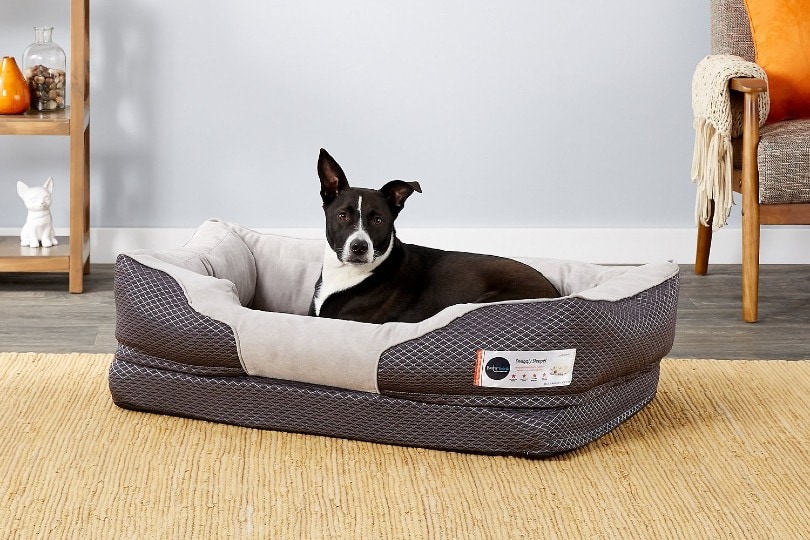
Training and Obedience
You want a dog that’s friendly and well-behaved, not a complete terror to be around. Training is especially important if you have a large breed that could potentially be dangerous if not well-behaved.
Training is also something of an optional cost. While it’s absolutely necessary to train your dog, it’s possible (and recommended) to do it yourself. Basic obedience skills can be taught by anyone, even if you don’t have any experience. You can buy a book or an online course or simply take advantage of free resources (many of which are excellent) at sites like YouTube.
If your dog has severe behavioral issues, though, or if you just don’t have the time or inclination to train them yourselves, you’ll need to hire a pro. Professional trainers can be quite expensive, especially if you want one-on-one instruction rather than group classes.
Total Cost of Obedience Training: $0—$500+
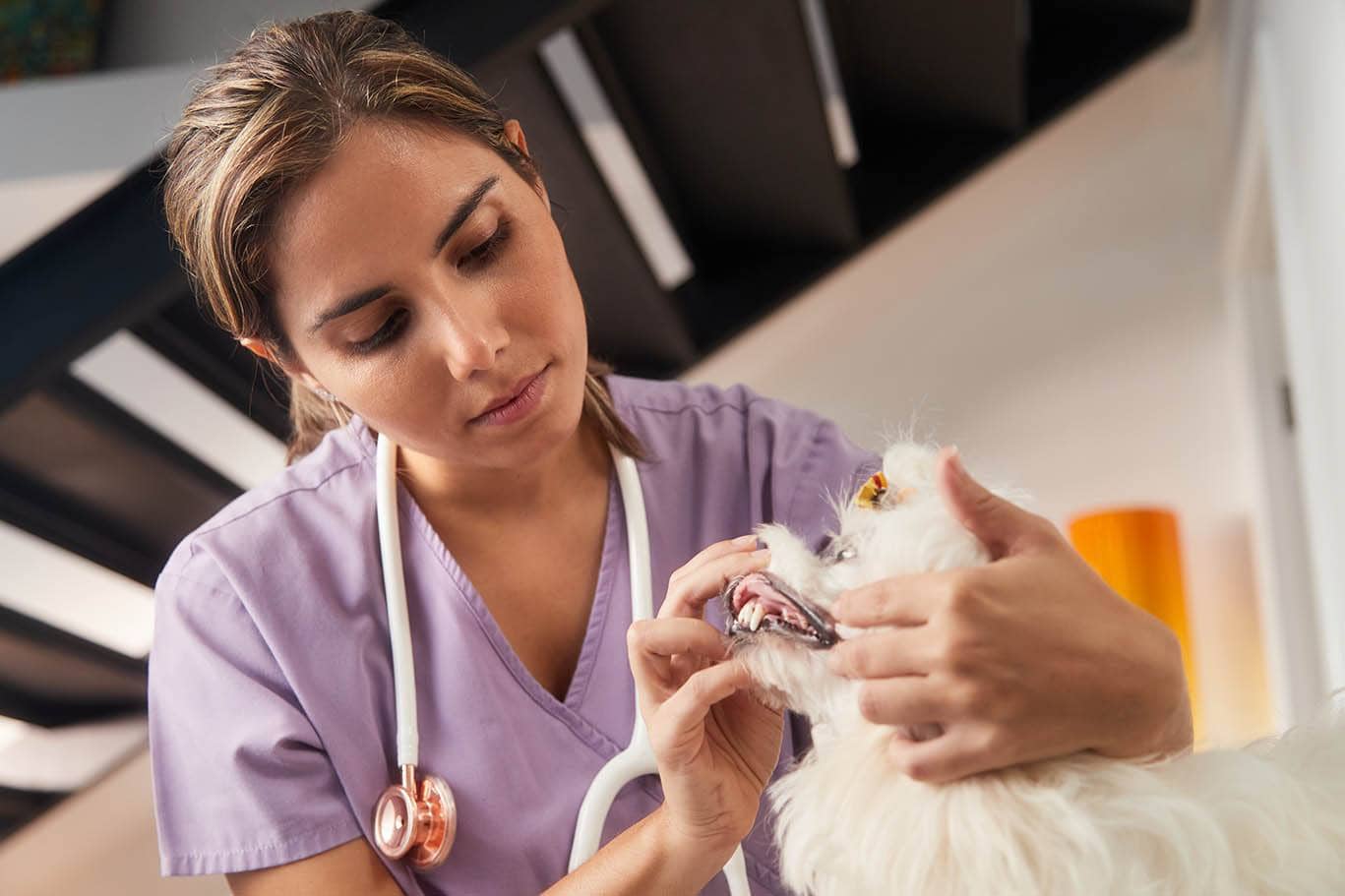

“Normal” Day-to-Day Costs
After you’ve had your new dog for a while, you’ll see fewer one-time costs and settle into a more reliable pattern of expenses. This represents the “normal” cost of owning a dog. However, it should be noted that there is really no such thing because the expenses will vary from breed to breed and dog to dog.
Food
Dogs need to eat (and some dogs eat large amounts), so pet food will be part of your monthly expenses for your dog’s entire life.
This is the biggest ongoing expense that you’re likely to encounter as an owner, but we urge you not to skimp on their kibble. Feeding your dog a high-quality food (one that’s high in protein and free of fillers and additives) will go a long way toward keeping them healthy and may just save you on healthcare costs later in their life.
It’s also important to give your dog the appropriate portion sizes. Feeding your dog the healthiest food on the planet won’t do them much good if you overfeed them, and obesity can be terrible for their long-term health.
Total Cost of Food: $20—$100+ per month
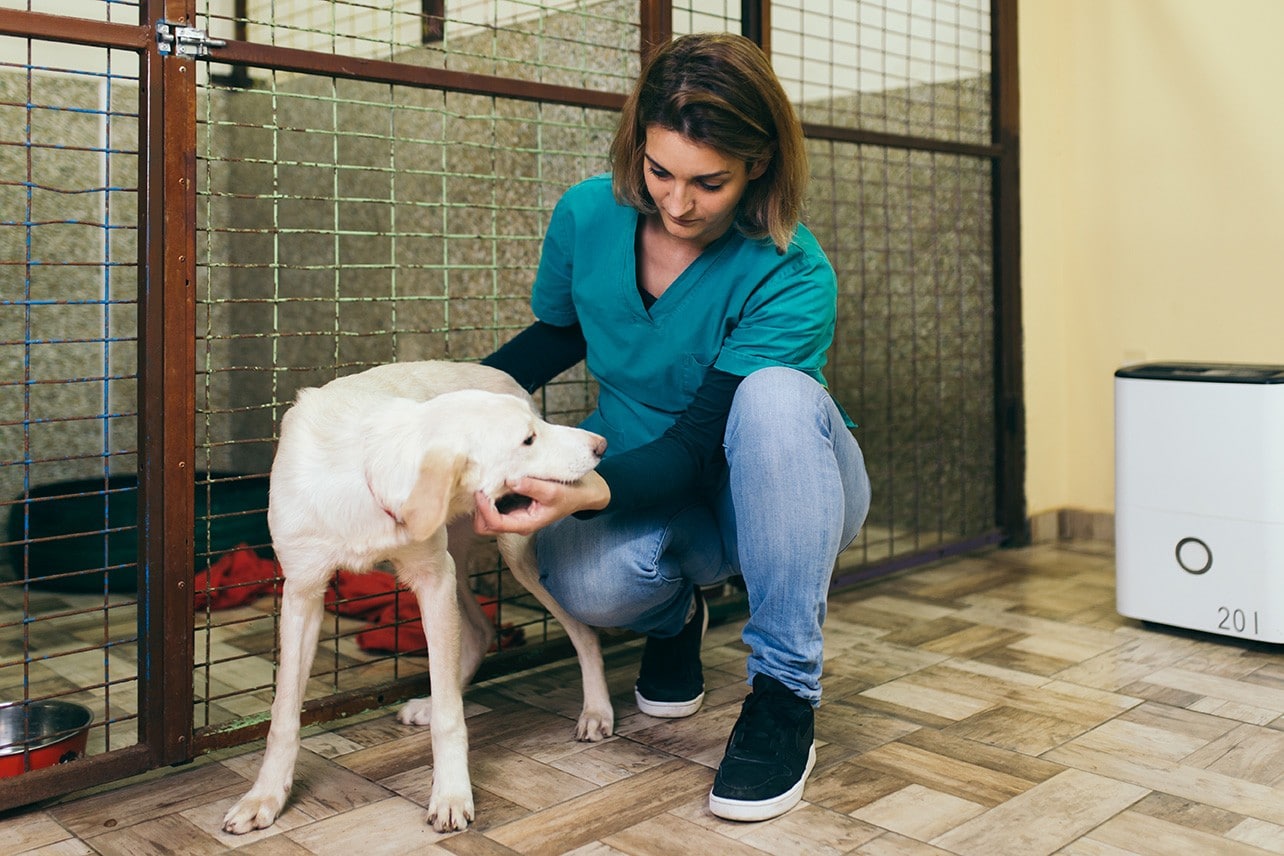
Routine Healthcare
Even healthy dogs need to see the vet on a regular basis, so you should budget for those costs. As long as your dog is healthy, they shouldn’t need to see the vet more than twice a year. You’ll also need to stay up to date on their shots. While this isn’t that expensive, it’s something to remember to include in your budget because these costs are non-negotiable.
Your dog will likely need various forms of preventative healthcare, such as flea or tick treatment or supplements like glucosamine. These aren’t massive expenses on their own, but they’re a good representation of the “sneaky costs” that add up and most people fail to consider.
Total Cost of Routine Healthcare: $100—$300+ per year


Toys and Other Supplies
Your dog will need entertainment, so expect to buy new toys throughout the year. This is one of the hardest categories to mitigate because some owners hardly ever buy their dogs new toys, while others constantly shower their pups with gifts.
Note that we’re not saying that one way is better than the other. You can save money here by simply substituting your time and attention for store-bought toys. Your dog would undoubtedly prefer to run around with you than to get a new chew toy or pull rope. However, toys can enrich a dog’s life and challenge their brain, and adding toys to your time together can make things more fun and rewarding for both of you.
If you invest in high-quality toys that will last (and if your dog isn’t a super-chewer determined to destroy everything that you give them), your toy budget shouldn’t be that big. However, if you want your dog to have the very best, you could easily spend over $100 a month on toys for them.
You may also have to purchase other supplies from time to time. This could be replacing a worn-out collar or a brush that got chewed up, or it could be buying new things that suddenly became necessary, like steps to help your dog get up on the bed.
Total Cost of Toys: $5—$100+ per month
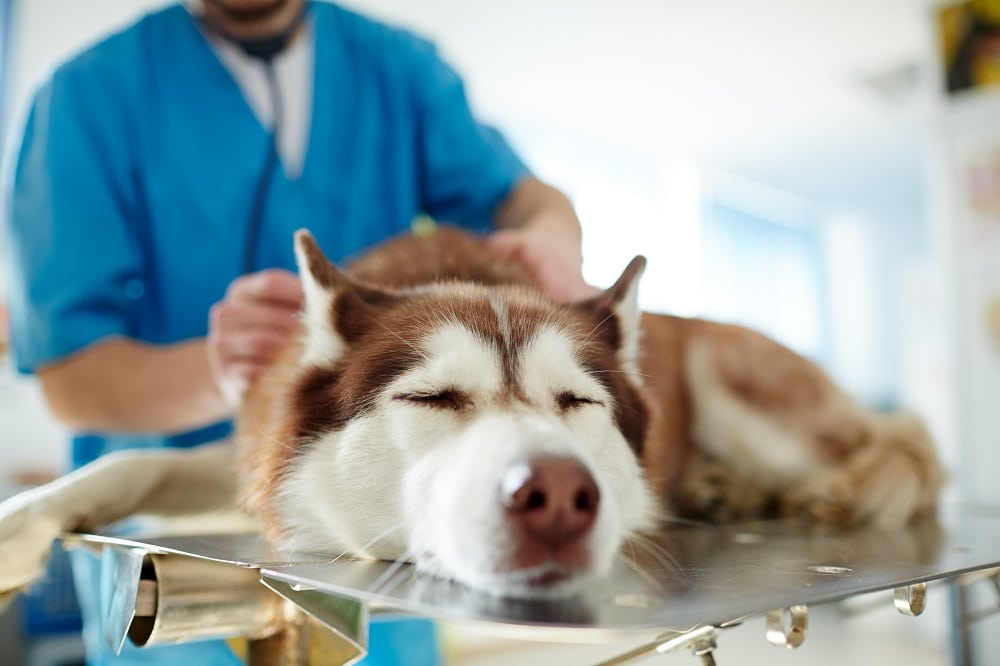

Insurance
Pet insurance is a surprisingly polarizing topic. Some people believe that it’s necessary because it can protect you from having to make difficult decisions at highly emotional times, while others think that it’s a racket in which insurance companies end up charging you significantly more than what you would’ve paid out of pocket for the same treatment.
We’re not going to tell you which school of thought you should follow, but pet insurance is something that you should at least consider. The costs will vary from breed to breed and company to company (and will almost certainly go up as your dog ages).
Don’t forget the costs of your regular insurance (such as your homeowner’s or renter’s policy) either. Those premiums may go up if you get a dog, especially one that’s commonly considered “high-risk,” like a Pit Bull or Rottweiler.
Total Cost of Insurance: $0—$100+ per month
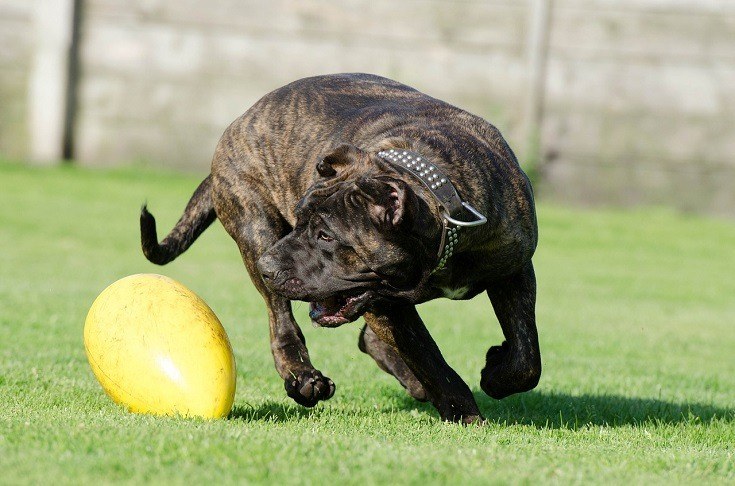
Optional Costs
There are also expenses that aren’t, strictly speaking, necessary. These include things like paying for a dog walker or a groomer. The services that these people provide are necessary, but they’re also things that you can do yourself if you’re willing to substitute your time for your money.
These “optional” costs may not be optional to you, however. If you’re going to be gone all day during the week, hiring a dog walker to come over or enrolling your pup in doggy daycare is necessary to ensure that your dog stays happy and healthy.
You may also need to pay for boarding or dog sitters if you travel frequently. This is a cost that you may be able to dodge if you have friends or family willing to look after your dog for free every time you leave.
Despite their optional status, many of these expenses are among the most substantial that you’ll encounter as a dog owner. If money’s tight, finding a way to avoid these costs (without making your dog suffer as a result) will go a long way toward keeping you fiscally solvent.
Total Optional Costs: $0—$500+ per month


Later-in-Life Costs
Another thing that many people fail to consider is just how expensive an aging dog can be. This isn’t always the case, but if your dog has chronic or debilitating health issues, they could become incredibly expensive to take care of (and that’s in addition to many of the “normal” costs listed previously—after all, it’s not like the dog food budget will just go away).
The good news is that some of those normal costs will decrease as your dog gets older. Many senior dogs eat less than they did when they were younger, and you may be able to safely cut your dog’s rations in half. Many seniors are also less interested in things like toys and games.
Still, that reduction in expenses is likely to be more than offset by an increase in vet bills. Senior dogs are more likely to have serious health issues like arthritis, hip dysplasia, and even heart disease or cancer, and keeping your best friend comfortable during their golden years can be quite expensive indeed.
The best way to keep these costs low is to take care of your dog before they reach old age. This means keeping them lean and trim, providing them with plenty of exercise, and taking them in for regular checkups so you can spot problems in the early stages, when they’re more easily treated.
It’s impossible to give a reliable estimate of what your dog’s healthcare costs could be as they age, as it’s dependent on so many factors. Still, we recommend having at least a few grand set aside, if possible, to deal with emergencies or ongoing treatments.
Pet insurance can help with these costs, but unless you signed your dog up while they were still young, you may be out of luck because many health insurance providers won’t accept senior pets. There are a few that do, but you’ll have to shop around to find them (and monthly premiums for senior dogs are substantially more expensive than those for younger pups).
Total Cost of Healthcare for Senior Dogs: $100—$2,000+ per year
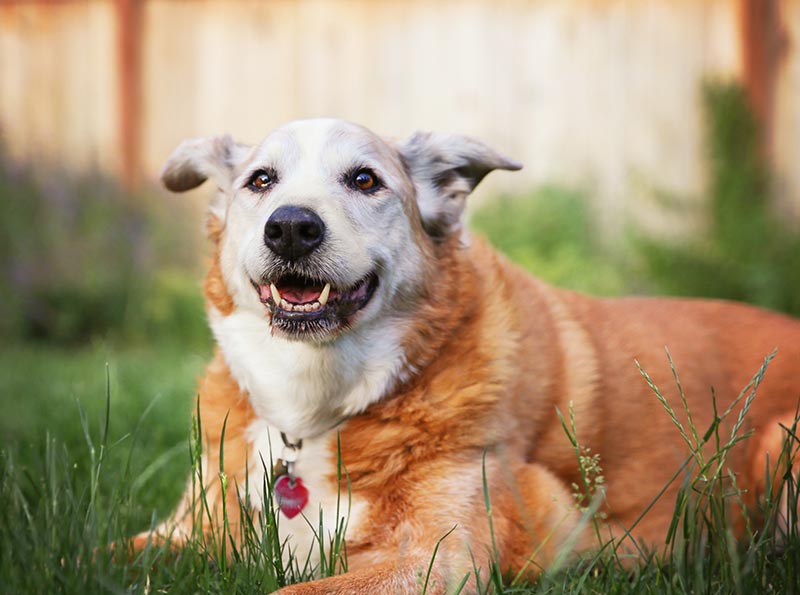

How Much Does It Cost to Own a Dog?
While owning a dog is one of life’s great pleasures, there’s no getting around the fact that canines are money pits. You’ll spend thousands of dollars on your dog over the course of their lives, and if your dog is clumsy, prone to various health issues, or just plain unlucky, your expenses could be even greater than that.
Based on the figures here, we estimate that the lifetime cost of owning a dog could be anywhere from $5,350 (on the extreme low end) to well over $100,000 (on the extreme high end).
These figures are based on taking the estimates and multiplying them by 13 years, which is around the average lifespan for dogs as a whole (that lifespan estimate will go up or down depending on the dog’s breed and size, of course). The extreme high-end totals represent a worst-case scenario in which your dog is at the absolute high end of every single estimate. While this is obviously extremely unlikely, the possibility does exist.
None of this is said to discourage you from owning a dog, of course. The investment that you make in them pales in comparison to the value that they provide, and your life won’t be as rich without them in it.
The bottom line is this: No matter how much you end up spending on your dog, you’ll be hard-pressed to deny that they were worth every penny.
Featured Image Credit: Popova Valeriya, Shutterstock


